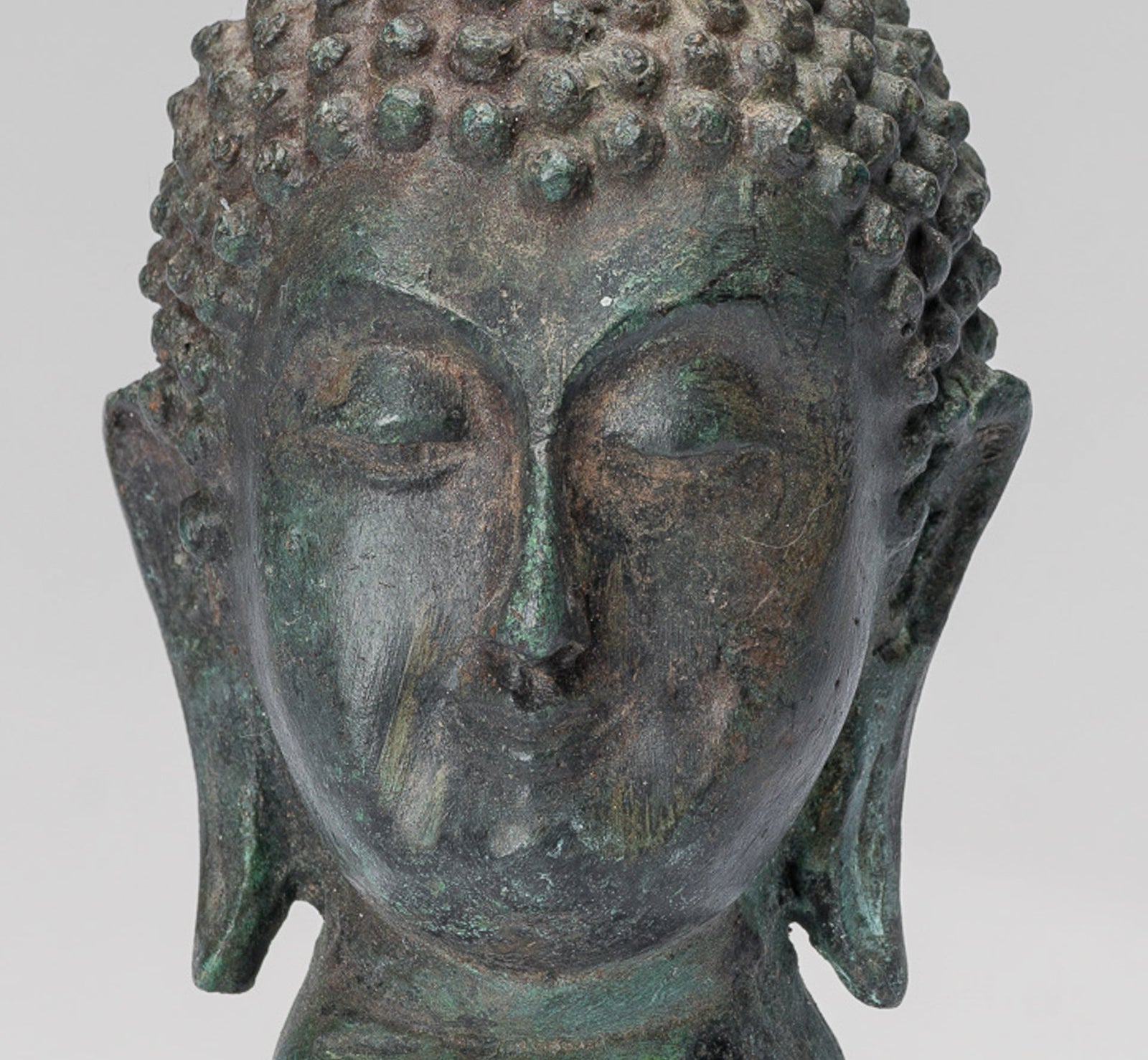
Karma in Buddhism: The Law of Cause and Effect
Introduction
The concept of Karma (Sanskrit: कर्म) is a fundamental principle in Buddhism that explains how actions influence future experiences. Karma, meaning "action" or "deed," is the law of moral causation, where intentional actions—whether positive, negative, or neutral—shape one's future conditions.
It is deeply interwoven with the Buddhist understanding of rebirth, ethical conduct, and liberation from suffering.
Meaning and Interpretation
In Buddhism, karma refers specifically to volitional actions (cetana) and their consequences. Unlike deterministic views, karma does not imply predestination but instead emphasizes personal responsibility and ethical intentionality.
The key aspects of karma include:
-
Intention (Cetana): The moral quality of an action depends on the intention behind it.
-
Cause and Effect: Every action generates a corresponding result, known as vipāka (ripening).
-
Moral Consequences: Actions rooted in greed, hatred, and delusion lead to suffering, while those based on generosity, compassion, and wisdom lead to happiness.
-
Karma is Not Fate: Present choices can reshape future outcomes, emphasizing free will and transformation.
The Four Types of Karma
Buddhism categorizes karma into four types based on its temporal effects:
-
Immediately Effective Karma (Ditthadhammavedaniya-kamma): Actions that bear fruit in this lifetime.
-
Subsequently Effective Karma (Upapajjavedaniya-kamma): Actions that yield results in future births.
-
Indefinitely Effective Karma (Aparapariya-vedaniya-kamma): Actions that may take multiple lifetimes to manifest results.
-
Defunct or Ineffective Karma (Ahosi-kamma): Actions that do not bear fruit due to changing conditions.
The Role of Karma in Rebirth
Buddhism teaches that karma plays a crucial role in determining the conditions of rebirth (samsara). One's past actions influence the circumstances of future existences, but enlightenment (nirvana) provides a way to break free from this cycle. By accumulating good karma through ethical conduct and wisdom, practitioners can attain favorable rebirths and ultimately transcend samsara.
Karma and the Noble Eightfold Path
The Noble Eightfold Path, a core Buddhist teaching, provides guidance on generating positive karma and avoiding harmful actions:
-
Right View: Understanding karma and its consequences.
-
Right Intention: Cultivating wholesome thoughts.
-
Right Speech: Avoiding false, harsh, or harmful speech.
-
Right Action: Engaging in ethical behavior.
-
Right Livelihood: Earning a living without harming others.
-
Right Effort: Striving to cultivate virtue.
-
Right Mindfulness: Maintaining awareness of thoughts and actions.
-
Right Concentration: Developing mental focus and discipline.
Karma in Daily Life
Applying the principles of karma in daily life can lead to greater self-awareness and moral integrity:
-
Mindful Actions: Being conscious of how thoughts and deeds affect oneself and others.
-
Compassion and Generosity: Cultivating kindness to create positive karmic effects.
-
Ethical Living: Following moral precepts to ensure a path of virtue and harmony.
-
Self-Reflection: Understanding the impact of past actions and making mindful choices for the future.
Conclusion
Karma is a fundamental Buddhist doctrine that emphasizes moral responsibility and transformation. It underscores that while past actions influence present circumstances, individuals have the power to shape their futures through ethical choices.
By understanding and practicing the principles of karma, one can cultivate a life of virtue, wisdom, and ultimately liberation from suffering.




